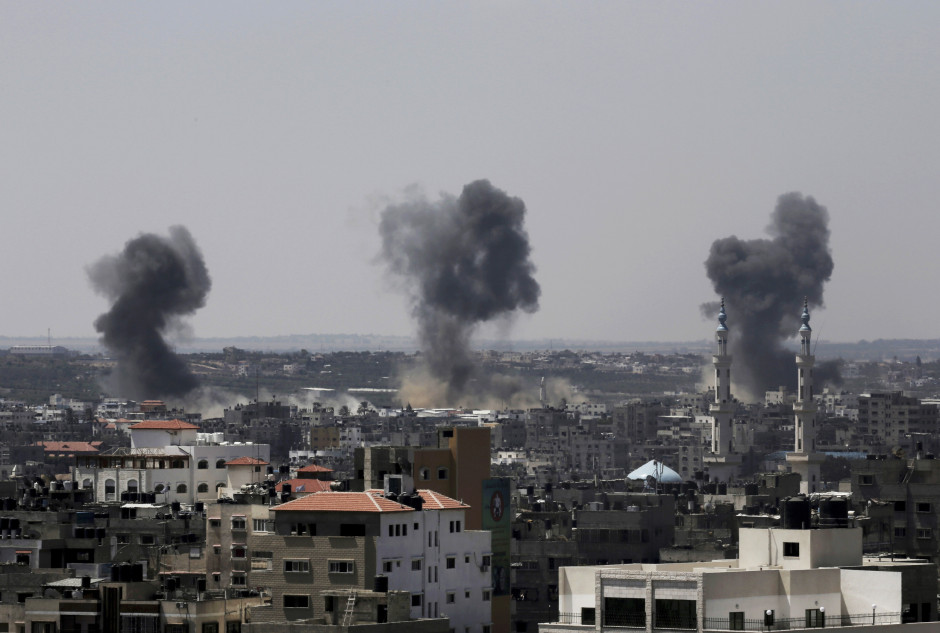Tranquility has belatedly returned to southern Israel and the Gaza Strip now that the Israeli government and Hamas have begun observing an open-ended Egyptian cease fire plan that went into effect on Aug. 26.
In other words, we’re back to square one — to the situation that prevailed before the eruption of fullscale war on July 8.
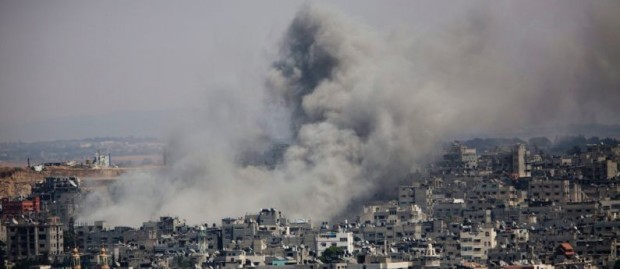
In the wake of seven weeks of warfare, which claimed the lives of 2,143 Palestinians and 71 Israelis, displaced more than 100,000 Gazans, left Gaza in smouldering ruins and disrupted normal routines in Israel, the guns have finally fallen silent.
After eight abortive truces that lasted for merely hours or days, there is finally hope in the air that this ceasefire may yet hold for a while.
Hamas, having been relentlessly battered by the Israeli armed forces, accepted virtually the identical ceasefire proposal it had rejected and Israel had embraced during the first week of the war. Due to its obstinacy, Hamas needlessly sacrificed the lives of more than 1,500 Palestinians as its bombastic and rejectionist leaders cowered safely in fortified bunkers. Hamas, in its usual fashion, brought tears, death and destruction to Gaza, but it remains to be seen whether its recklessness and callousness will have long-term consequences.
Although Israel and Hamas both declared victory, neither really achieved their major objectives in this war, the fourth since the summer of 2006.
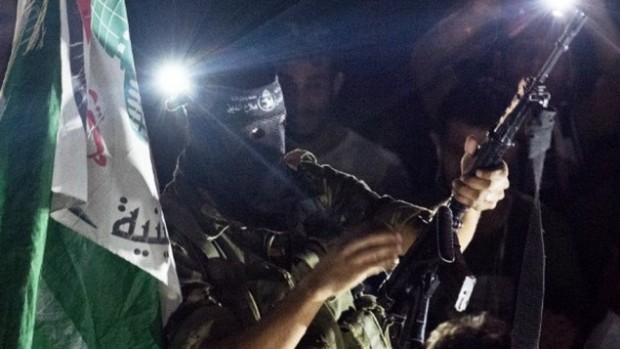
Israel signally failed to disarm Hamas or demilitarize Gaza, despite a ground invasion and 5,263 air strikes. Israel obliterated 32 Hamas attack tunnels, but according to reports, many more were undetected. Nor did Israel succeed in squelching Hamas’ ability to fire rockets at will. Hamas fired 4,564 rockets and mortars into Israel, 735 of which honing in on cities were intercepted by the Iron Dome anti-missile system. On the last day of the conflict, Hamas defiantly launched more than 100 rockets and mortars, killing two civilians in the final moments before the truce began.
More significantly, though, Israel did not deter Hamas, which stood its ground in the face of fierce Israeli attacks that killed three of its senior commanders, 700 to 900 of its fighters and destroyed about 11,000 buildings, including three high-rises in Gaza City where Hamas had reportedly established command-and-control centers.
Once again, Israel learned that neat and tidy military solutions do not exist when wars are fought in densely-populated urban environments. Nonetheless, several Israeli cabinet ministers, including Foreign Minister Avigdor Liberman, criticized Prime Minister Benjamin Netanyahu for not having used more aggressive methods to subdue Gaza and defang Hamas.
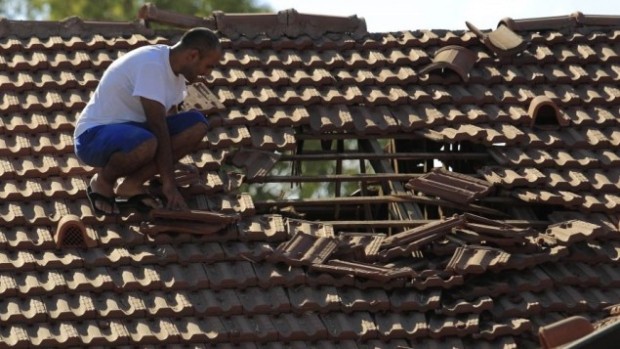
Hamas, for all its bluster, conspicuously fell short of inducing Israel to lift the seven-year blockade of Gaza. Nor were Hamas’ demands to build a seaport and an airport in Gaza taken seriously by Israel. Under the terms of the truce, Hamas gets a few crumbs: Israel and Egypt will open their respective land crossings into Gaza, while the Palestinian fishing zone off the coast of Gaza will be restored to its pre-2012 level.
Following news of the truce, the secretary-general of the United Nations, Ban Ki-moon, called for drastic change.”The blockade of Gaza must end, and Israel’s legitimate security concerns must be addressed,” he declared.
These key issues, however, have been deferred until next month, when they are supposed to be discussed in Cairo. The chances of reaching an agreement are probably slim.
Given Hamas’ refusal to recognize Israel or renounce violence and terrorism, it’s difficult to imagine a scenario in which Israel would lift the blockade, which has impeded the free movement of people and goods between Israel and Gaza. There was no such problem before 2007, when Hamas seized Gaza from Fatah in a bloody coup d’etat.
Nor will Israel permit Hamas to build a seaport and reconstruct the airport unless it receives iron-clad assurances that the era of war is definitely over and that Gaza will be demilitarized.
The president of the Palestinian Authority, Mahmoud Abbas, was more or less sidelined during the war. But with the PA and Hamas having signed a reconciliation agreement that empowers the PA to rule and administer Gaza with Hamas’ backing, Abbas can now play an important role in postwar efforts to rehabilitate Gaza and to resolve the Palestinians’ century-long conflict with Israel through a two-state solution.
Assuming that Israel and Hamas approve of this arrangement, which is likely, Abbas will be in a position to oversee the reconstruction of Gaza, a program which will cost at least $6 billion, and to use his influence to restart meaningful peace talks with Israel.
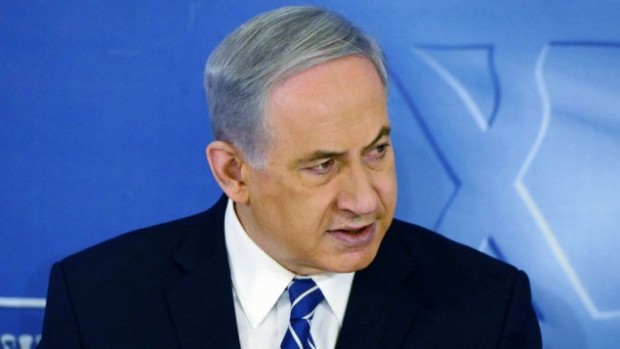
On Aug. 25, Abbas disclosed he will call for an international resolution demanding a deadline for ending Israel’s occupation of the West Bank. This is pure fantasy. Netanyahu’s right-wing government will do everything in its power to sabotage this diplomatic initiative.
Let’s be clear.
Netanyahu, for all his flowery talk about peace, is simply not interested in a solution that would require Israel to relinquish the West Bank. He said so explicitly last month. And four months ago, he pulled out of peace talks with the PA that the United States had initiated.
Not everyone in Israel agrees with Netanyahu. Certainly not Isaac Herzog, the leader of Israel’s opposition. A few days ago, he called for a resumption of negotiations. “We can’t keep (millions of) Palestinians in a pressure cooker,” he said.
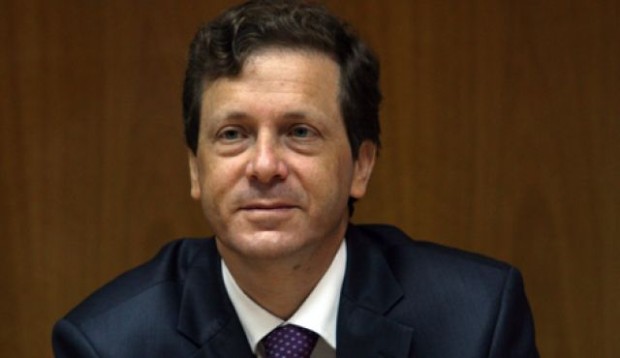
According to Herzog, the head of the Labor Party, Israel should negotiate with Abbas because he’s a moderate leader who recognizes Israel and has denounced terrorism.
Some Israelis, of course, vehemently disagree with that assumption. But compared to Hamas’ myopic and nihilistic leadership, Abbas and the PA are really the only game in town. Or would Israel rather deal with Hamas?
Itamar Shimoni, the mayor of Ashkelon — a city that has been pounded by Hamas rockets for the last decade — said yesterday that a “quiet for quiet” ceasefire, the formula that ended previous wars, will no longer suffice. As he put it, “At this point, a ceasefire to me only means that I need to prepare (Ashkelon) for the next round.”
He’s right.
The majority of Israelis are fed up with the pain, anguish and uncertainty of war. The time has come for a real peace process that will yield a permanent solution and allow Israelis, as well as Palestinians, to live normally.
The status quo benefits no one but Hamas.
